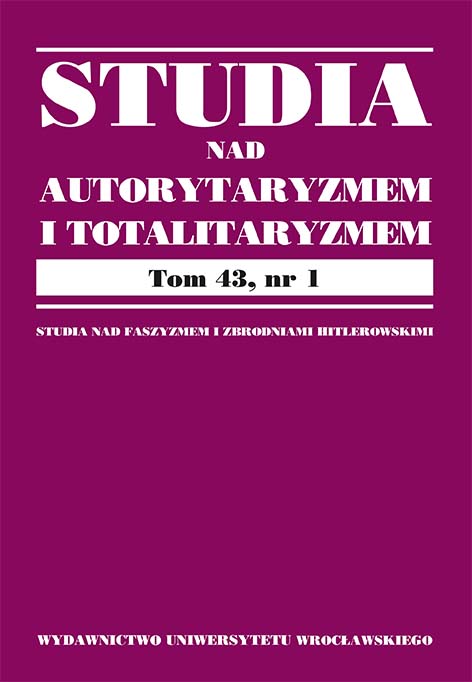

Artykuły

For the sake of its functions, criminal law is widely perceived as an ideal instrument for diagnosing the political system of a country and the regime it is supposed to safeguard. It is the regime that determines certain features of criminal law, influencing its frames and the understanding of its two most basic — protective and guarantee — functions. By analysing the way in which those functions are performed — on the level of constitution as well as application of the law — we are able to determine whether we live in a democratic system or in some form of authoritarian, or even totalitarian regime. If criminal law is used as an instrument supporting an authoritarian regime, the significance of its guarantee function decreases, whereas the significance of the (specifically understood) protective function increases. The judge, who is the subject applying the criminal-legal tools, has a particularly important role to play. A competent and, most importantly, independent judge can make a good use of a faulty law as long as it allows some judicial freedom. Similarly, if the application of law is left to an incompetent judge, particularly one who is ready to compromise their judicial mission, the existence of a good law does not guarantee a fair ruling. Therefore, the analysis of criminal law we are confronted with allows a diagnosis of a political system of a country as democratic or authoritarian, as long as it covers not only the law on the books, but also how substantive and procedural law is used in practice.